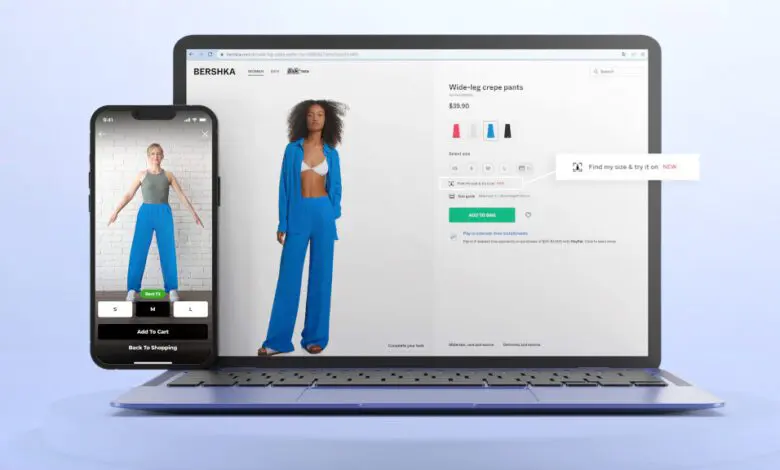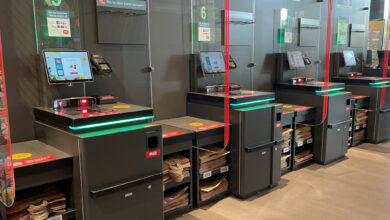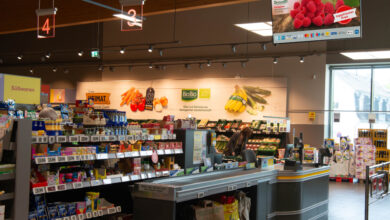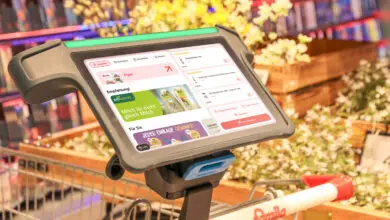Inditex Bershka virtually dresses online customers with 3dlook

Bershka is to introduce a virtual fitting room for its online shop with 3dlook, the Californian specialist for body scanning technology. The fashion label, which belongs to the Spanish Zara’s parent company Inditex, wants to drastically reduce the returns rate of its online shop with an AI-supported, virtual fitting room solution. Using photo-realistic technology, the aim is to make it easier to choose the right size and fit and improve the customer’s shopping experience in the online shop.
In future, visitors to the Bershka online shop will be able to select items of clothing to try on virtually and will be guided through a quick and simple camera-based process in real time. Using a front and side photo of the customer, the 3dlook solution’s precise 3D mapping technology and size recommendation engine provides instant feedback on which size would fit best. This enables a photorealistic virtual fitting.
The main reason for the introduction of such technologies in retail is always the very high return rate. According to a study conducted by Coresight Research on behalf of 3dlook, the average return rate for online clothing purchases in the USA is 24 per cent. For the study, 100 decision-makers from clothing labels and textile retailers based in the USA were surveyed. According to Coresight Research, returns cost US retailers 25 billion US dollars. Reason enough to consistently reduce the returns rate. New virtual fitting room technologies also help to achieve higher conversion rates on websites through an improved online shopping experience, according to 80 per cent of respondents.
Planning data for production
“Our virtual fitting room technology has potential to reduce returns and appeal to a younger, camera-toting, digitally-savvy generation,” said Whitney Cathcart, co-founder of 3dlook. A spokesperson for Bershka’s e-commerce department added: “We want to offer our customers the best possible customer journey, which requires removing the inconvenience of returning goods that don’t fit properly.”
Virtual fitting rooms also allow retailers to continuously collect up-to-date customer data in an anonymised way. Fashion labels can anticipate market demand with remarkable precision and systematically analyse this knowledge and incorporate it into the production of goods. Garments can then be produced even better to meet actual customer needs. This not only improves the accuracy of fit and minimises returns, but also reduces the problem of excess stock.




